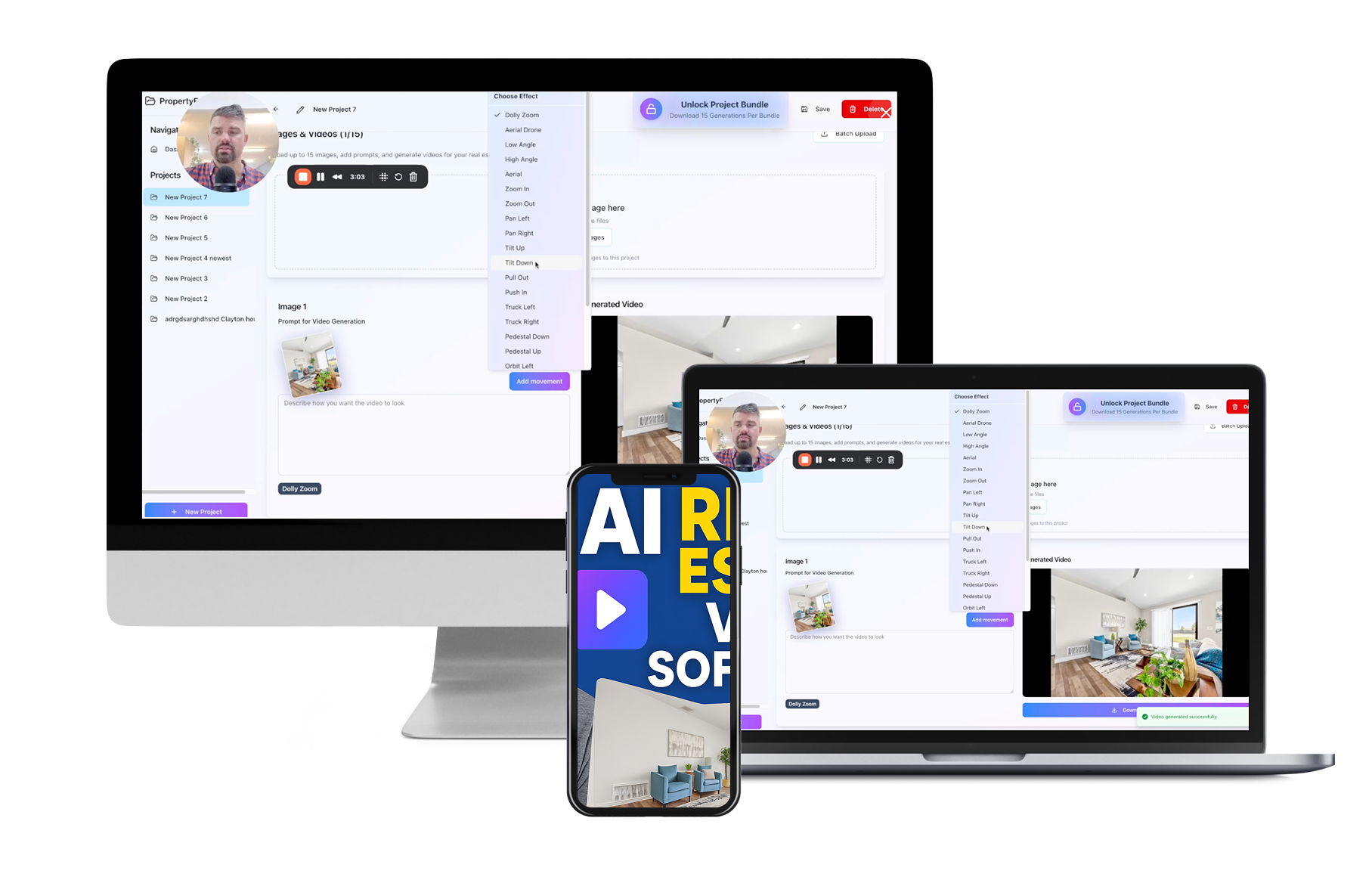
Discover the Future of Virtual Tours with AI Integration
Virtual tours are transforming the way we experience spaces from the comfort of our homes. With the rapid advancement of technology, virtual tours with AI integration are becoming the new norm, offering immersive and intelligent experiences. From real estate to tourism, businesses are leveraging these tools to enhance user engagement and stay ahead of the competition.
What Are Virtual Tours with AI Integration?
Virtual tours with AI integration combine interactive media with artificial intelligence to create realistic and dynamic explorations of physical spaces. AI enhances these tours by adding features like automated guiding, personalized recommendations, and interactive elements that respond to user preferences.
Immersive Experience: AI helps create a seamless, engaging experience by mimicking real-life interactions.
Personalized Navigation: AI can suggest routes or points of interest based on user behavior.
Enhanced Details: With AI, users can zoom in, ask questions, or receive additional information about specific features.
By utilizing machine learning, these tours can adapt in real-time, providing users with a customized and informative journey.
Benefits of AI in Virtual Tours
Implementing AI in virtual tours offers numerous advantages that enhance both business operations and customer experience.
1. Enhanced User Interactivity
AI integration allows for greater user interaction compared to traditional virtual tours.
Speech Recognition: Users can navigate using voice commands.
Dynamic Content: AI can adjust what content is shown based on user interest.
Interactive Q&A: Users can ask questions and get instant responses, thanks to AI.
These features make virtual tours engaging and increase user satisfaction.
2. Improved Data Collection and Analysis
Virtual tours with AI integration provide valuable insights by tracking user interactions.
Behavior Analytics: Businesses can analyze how users engage with the tour.
Preference Recognition: AI can identify what elements are most appealing to users.
Conversion Optimization: Data insights help refine and improve conversion rates.
With these tools, businesses can tailor their offerings to better meet customer expectations.
How AI Integration Transforms Various Industries
Real Estate
In the real estate industry, virtual tours with AI integration are a game-changer. They allow potential buyers to explore properties in detail, highlighting key features and neighborhood hotspots automatically.
Virtual Staging: AI can render different furnishing styles to help buyers visualize living spaces.
Predictive Analytics: AI forecasts market trends and property appreciation.
According to this resource, implementing AI-enhanced virtual tours can significantly expedite the buying process by helping clients make informed decisions.
Hospitality and Tourism
The hospitality sector leverages these tours to provide guests with a sneak peek of destinations, hotel layouts, and nearby attractions, enhancing the planning experience.
Language Translation: AI can translate descriptions for international travelers.
Personalized Itineraries: It can recommend personalized travel plans based on user preferences.
Tour operators can also use AI-driven insights to optimize offerings, as detailed in this resource.
Education and Museums
Educational institutions and museums are embracing virtual tours to provide remote learners with interactive and enriching experiences.
Virtual Exhibits: AI helps create dynamic and interactive exhibit explanations.
Real-time Visitor Stats: Museums can track visits and engagement metrics.
These innovations make culture and knowledge more accessible to a global audience.
Common Questions About Virtual Tours with AI
How Secure Are Virtual Tours with AI?
Security is a priority, as AI systems incorporate robust measures to protect user data and interactions.
Data Encryption: All data transmitted during tours is encrypted.
Privacy Controls: Users have control over what data they share.
For a detailed examination of security practices, check out this resource.
What is the Cost of Implementing AI in Virtual Tours?
Costs vary depending on the complexity and features required, with significant value gained from increased user engagement and operational efficiency.
Subscription Models: Many providers offer tiered pricing based on features.
ROI Justification: Enhanced tours lead to higher conversion and satisfaction rates.
The Future is Bright with Virtual Tours
The trend towards virtual tours with AI integration is showing no signs of slowing down. As AI technology advances, we can expect even more sophisticated features and capabilities, providing opportunities across industries to innovate and excel.
Conclusion: Take the Next Step with AI-enhanced Tours
Embrace the technological shift by integrating AI into your virtual tours. Experience unmatched interactivity and insights that will elevate your business to new heights. Start exploring AI solutions today and stay ahead of the competition.
For more information on implementing AI into your virtual tours, explore this resource and this resource.



